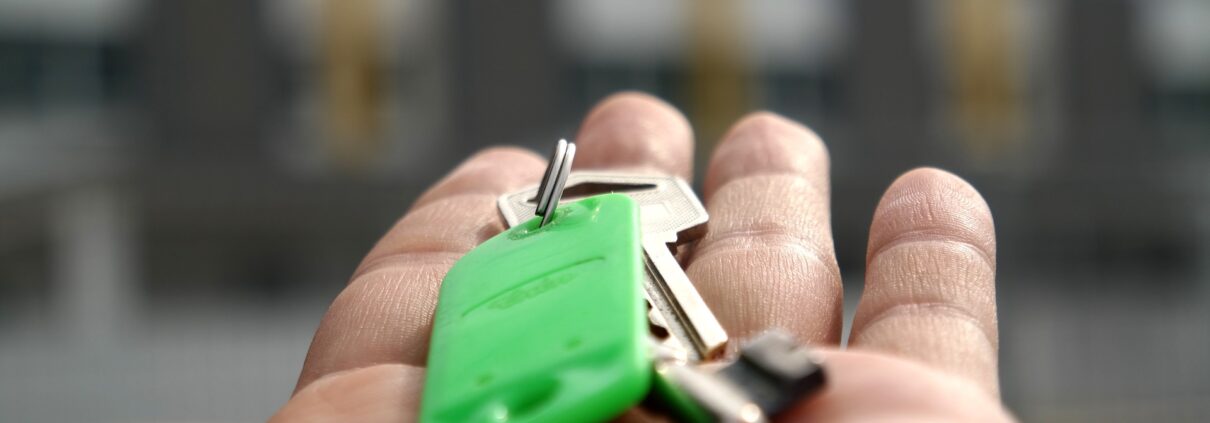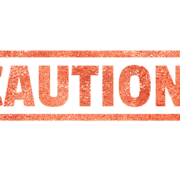10 Step Guide to Buying a Residential Property
10 Step Guide to Buying a Residential Property
Buying a property is an overwhelming process, especially if you have not done it before. To help you understand what to expect, we have put together a 10-step guide to buying a residential property in Ireland.
Buying property in Ireland
Every property transaction is different, especially if you are buying at auction. Where private treaty sales are concerned, there are 10 major steps to work through.
- Pay a booking deposit
Once you have an offer accepted, the estate agent may ask that you pay a booking fee. This is either a set fee, or a percentage of the value of the asking price. This means it can be thousands of euros. It is refundable until the contracts are signed.
- Get your mortgage approved
If you are getting a mortgage on the property, now is the time to get it formally approved. You may already have had a mortgage agreed in principle, but once you have an offer accepted, you must confirm how much you are allowed to borrow.
- Get a survey and other searches
Most mortgage lenders request a valuation survey. Other searches should also be carried out to ensure there are no legal or structural issues with the property. These include a planning search, a licensing search, and a compulsory order purchase search.
- Raise queries
If these searches prompt any concerns, queries should be raised with the seller’s solicitor. There may also be some additional matters that need clarification, such as what fixtures and fittings are included in the sale.
- Sign the contract for sale and pay the deposit
Meanwhile, the seller’s solicitor prepares a contract for sale. Once everything is in order, you must sign it and pay the contract deposit. At this point you are in a legally binding agreement. If you withdraw from the purchase, you lose your deposit.
- Check the title
It is then necessary to thoroughly investigate the title of the property. Any issues can be raised with the seller’s solicitor in a document called a Requisitions on Title. Once these have been answered, the Deed of Conveyance (Transfer Deed) can be drafted.
- Closing day searches
Closing day is when the property is handed over to you, as the buyer. Before you move in, various closing day searches are needed, including a Land Registry search, a bankruptcy search and a judgement search.
- Requisition the mortgage
On closing day, the funds must be transferred to the seller. If you are getting a mortgage, it must be ‘requisitioned’. This means that the loan is drawn. You must organise home insurance before this happens.
- Pay stamp duty
Also on closing day, you must pay any stamp duty land tax that is due. Once all of this has been done, you can get the keys to the property and move in to your new home.
- Register the deeds
Finally, the title deeds must be registered either with the Land Registry (for registered property) or the Registry of Deeds (for unregistered land). This confirms that you are the new owner of the property.
Residential property solicitor Ireland
If you instruct a solicitor to act on your behalf, the entire conveyancing process is carried out for you. This provides peace of mind that all the necessary checks are performed and any issues promptly flagged. It also ensures the purchase of your property is as smooth and as efficient as possible.
If you are looking for a solicitor to help you buy a property in Ireland, please contact us at Mullins & Treacy LLP Solicitors. We are client focused and results driven.
Call us on 051 391 488 or email reception@mullinstreacy.ie for a no obligation enquiry.
Before you go…
We don’t just help people with property purchases! We also specialise in –




